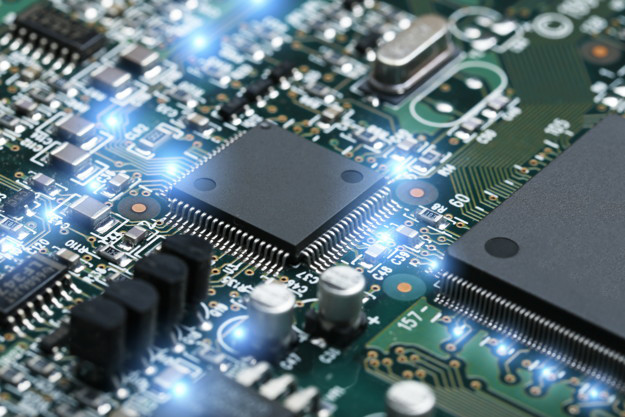Understanding the full lifecycle electronics manufacturing process is essential for businesses in the electronics industry, especially for exporters and importers. This comprehensive approach encompasses every stage from initial concept to the final product, ensuring quality and efficiency throughout. In this article, we will delve into the intricacies of this process, providing insight into how it can benefit your business.

What is Full Lifecycle Electronics Manufacturing?
At its core, full lifecycle electronics manufacturing involves a series of steps that take an electronic product from conception to completion. This includes design, prototyping, production, testing, and distribution. Each stage plays a crucial role in ensuring the final product meets the desired specifications and quality standards.
Key Stages of the Electronics Manufacturing Lifecycle
1. Concept and Design
The first stage in the lifecycle is the concept and design phase. This is where ideas are developed, and initial designs are created. A thorough understanding of the market and customer needs is crucial at this stage to create a product that fulfills demand.
2. Prototyping
Once a design is finalized, the next step is prototyping. This involves creating a working model of the product to test its functionality and identify any potential issues before mass production begins.
3. Production
After successful prototyping, the product moves into the production phase. During production, components are manufactured and assembled into the final product. This stage requires precision and quality control to ensure the product is built to specification.
4. Testing
Testing is a critical stage in the electronics manufacturing lifecycle. It involves rigorous examination of the product to ensure it functions correctly and safely. Any defects identified during this stage must be addressed before the product can be distributed.
5. Distribution
The final stage is distribution, where the product is delivered to the market. Effective distribution strategies are crucial to ensure timely delivery and customer satisfaction.
Benefits of Full Lifecycle Electronics Manufacturing
Implementing a full lifecycle approach in electronics manufacturing offers numerous benefits. It ensures a streamlined process, reduces the risk of defects, and enhances product quality. For exporters and importers, this approach can lead to increased customer satisfaction and brand loyalty.
Quality Control
One of the most significant advantages of this approach is the emphasis on quality control. By monitoring each stage of the manufacturing process, businesses can ensure the final product meets the highest standards.
Cost Efficiency
Adopting a full lifecycle approach can also lead to cost savings. By identifying and addressing potential issues early in the process, businesses can avoid costly rework and production delays.
Time to Market
With a streamlined process, products can reach the market faster. This is especially important in the fast-paced electronics industry, where staying ahead of the competition is crucial.
Challenges in Full Lifecycle Electronics Manufacturing
While this approach offers many benefits, it also presents certain challenges. Managing the complexity of the process requires expertise and coordination across different stages and teams.
Technical Expertise
Successful implementation requires a deep understanding of electronics manufacturing processes. This expertise is crucial to ensure each stage is executed effectively and efficiently.
Supply Chain Management
Effective supply chain management is critical in ensuring timely procurement of components and materials. Any delays in the supply chain can impact the entire manufacturing process.
Conclusion
In conclusion, full lifecycle electronics manufacturing is a comprehensive approach that offers numerous benefits for exporters and importers. By understanding and implementing this process, businesses can ensure the production of high-quality electronic products that meet market demands. For more insights into electronics manufacturing, you can read more here.

FAQs
What is full lifecycle electronics manufacturing?
It is a process that encompasses all stages from design to distribution of electronic products.
Why is quality control important in this process?
Quality control ensures the final product meets the required standards and functions correctly.
What are the challenges of this approach?
Challenges include managing technical expertise and supply chain coordination.


